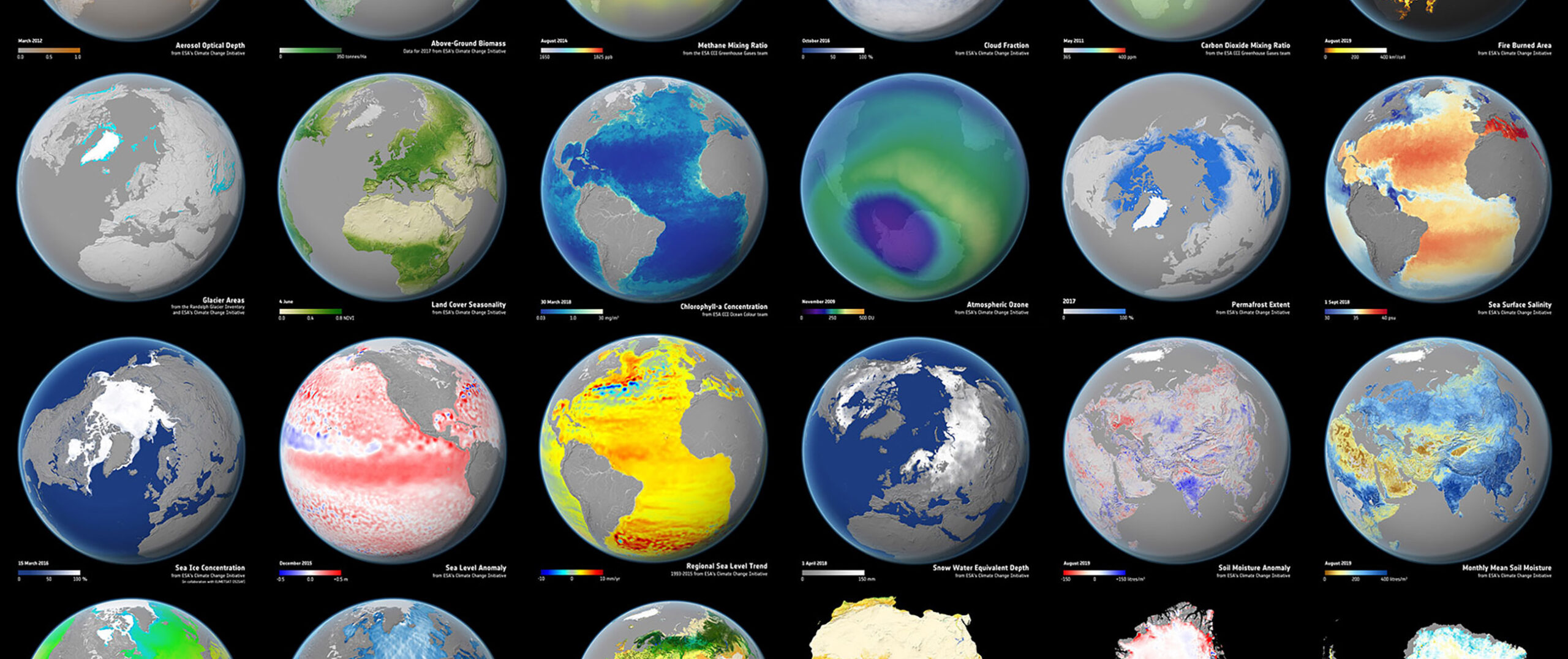
Rising greenhouse-gas emissions from human activities are causing rapid changes to Earth’s climate. Despite efforts to mitigate emissions to limit warming below 1.5 degrees Celsius, changes in temperature appear to be heading for a temporary overshoot with unknown temperature peak and duration, and impacts to the Earth system. Climate overshoot, i.e., temporarily exceeding a temperature limit, is a relatively new concept, and the associated impacts, mitigation and adaptation needs are an active area of research. Current space-based observing systems to monitor the land, ocean, cryosphere and atmosphere were designed during a phase of relatively stationary climate conditions or with the assumption that climate policies will stabilize temperatures in a fairly linear way. The characteristics of climate overshoot require rethinking and reevaluating satellite mission requirements related to temporal revisit, spatial resolution, spectral range, signal to noise, and overpass time. For example, abrupt permafrost thaw in high-latitudes, greenhouse-gas emissions from warming tropical wetlands, rapid glacier melt, ocean heatwaves and impacts on biogeochemistry, have unique signatures that current observing constellations will need to track for impacts, reversibility and stability. Additionally, an increasing number of climate intervention efforts to avoid or minimize climate overshoot, linked to carbon dioxide removal, methane removal, and solar radiation management, have their own set of specific monitoring requirements. Advances in technology, new partnerships between public, private and commercial organizations, and an expansion of computing power and algorithms have potential to keep pace with expanding observing requirements.
Ben Poulter is a Senior Scientist at Spark Climate Solutions, a non-governmental organization working to catalyze high-impact climate mitigation science and policy. Ben’s background is in ecology, numerical modeling and remote sensing, receiving his PhD from Duke University, working in Europe as a Marie Curie Fellow, and then at the NASA Goddard Space Flight Center. He worked on early Free Air Carbon Dioxide Enrichment (FACE) experiments to understand ecosystem responses to elevated atmospheric carbon dioxide concentrations, he developed Dynamic Global Vegetation Models (DGVMs) to track global land carbon removals and wetland methane emissions, and designed new satellite architectures configured to monitor land-surface processes and greenhouse-gas (GHG) concentrations using hyperspectral instruments associated with the Surface Biology and Geology mission. In 2024, Ben worked at the White House Office of Science and Technology Policy as Deputy Director for GHG monitoring to implementation the coordination of a new national GHG monitoring program. He is currently the 2025 Johannes Geiss Fellow at the International Space Science Institute.
